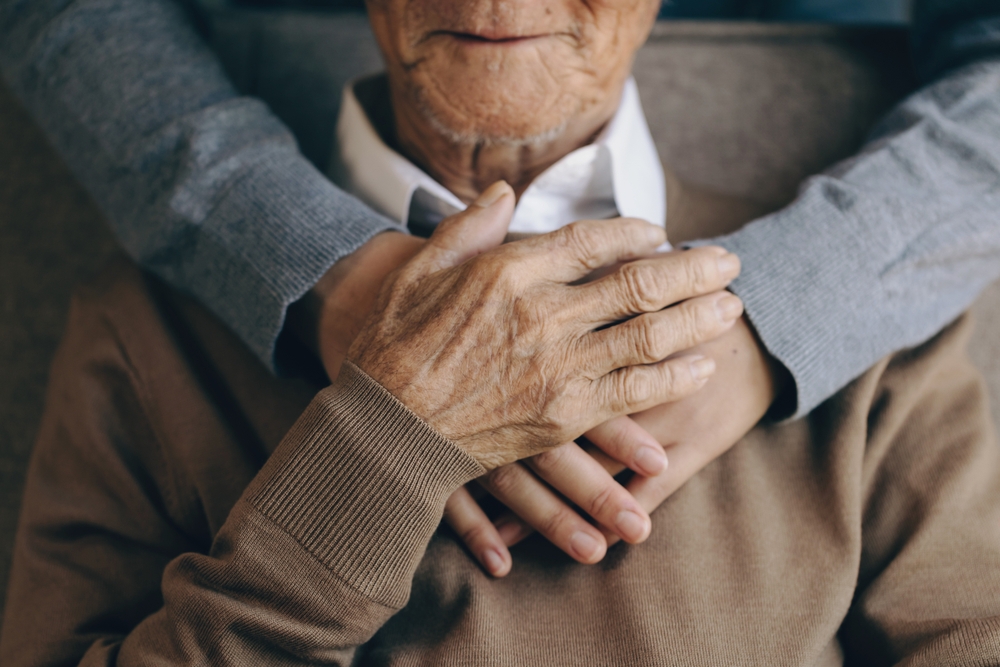The elderly are often abused by loved ones and nursing home staff. Elder abuse and neglect are growing at a rapid pace. But one type of neglect you may not know about is self-neglect.
As the name implies, it is when an individual neglects themselves. They can no longer care for their needs. This often happens among elderly people. These older adults often have a disability that causes them to neglect their own needs.
Sometimes seniors feel pride in independence and refuse help, even when it causes harm. Their physical, psychological, or emotional needs may not be met. They may not have adequate food, shelter, clothing, or healthcare, causing their health to deteriorate.
Although self-neglect can begin quite suddenly, that is not always the case. For example, long-standing hoarding behaviors can slowly create a dangerous living environment.
Elder self-neglect is a more serious problem than most people realize. It is actually believed that self-neglect is the most common form of elder abuse. But it is hard to know for sure because self-neglect often occurs inside private homes and among isolated seniors.
Self-neglect is potentially life-threatening. Elder self-neglect is associated with a significant increase in premature death.
Self-neglect can happen to anyone, but those who are the most at risk include those who:
Have dementia or some other cognitive impairment.
Have a physical disability or other worsening health condition.
Recently lost their spouse or other close loved one.
Are isolated from friends or family.
Have no caregiver.
Signs of Self-Neglect in the Elderly
It can be hard to tell if your loved one is neglecting themselves. Here are some signs to look for:
Poor personal hygiene. A noticeable decline in grooming habits often indicates self-neglect. Seniors may stop bathing, wear dirty or mismatched clothes, or fail to maintain dental care. This can be due to memory loss, physical limitations, or depression.
Unsafe living conditions. Homes may become cluttered, unsanitary, or hazardous. Hoarding, pest infestations, or broken appliances are red flags. Seniors might live without heat, water, or electricity, increasing the risk of illness and injury.
Decline in health. Elderly individuals who neglect themselves may miss doctor’s appointments, skip medications, or ignore worsening medical conditions. Malnutrition, dehydration, or sudden weight loss often point to underlying neglect.
Social withdrawal. A once-active senior may stop engaging with family, friends, or community. Isolation can worsen depression and dementia, while making neglect harder for others to notice.
Cognitive or emotional changes. Confusion, forgetfulness, and apathy are warning signs. Seniors may appear disoriented, struggle with decision-making, or show signs of untreated mental illness.
Neglected finances. Bills may go unpaid, checks may bounce, or utilities might be shut off. Seniors experiencing neglect may also fall victim to scams or exploitation due to impaired judgment.
Limited mobility or disabilities. When seniors cannot safely move around their home or refuse to use assistive devices like walkers or hearing aids, self-care becomes difficult. This often leads to further decline.
How to Address Self-Neglect
Is your loved one harming themselves? If so, here are some steps you can take:
Document concerns. When making a report, it helps to note specific signs you have observed. Some examples include weight loss, unsafe home conditions, missed medications, or signs of confusion. You do not need proof to file a report; reasonable suspicion is enough.
Contact Adult Protective Services (APS). In California and all over the country, each county has an APS office that investigates cases of elder self-neglect. You can report concerns by phone or online. Many states also offer a 24-hour elder abuse hotline. In California, you can report by calling the statewide APS hotline at (833) 401-0832. This line will automatically route you to the correct county APS office based on your ZIP code. Online reporting is also available in some counties. Even if you just have a “feeling” about a situation but can’t verify the details, APS professionals can assess each situation and determine how best to respond.
Call 911 in emergencies. If a senior’s life or safety is in immediate danger — such as lack of food, serious medical issues, or unsafe living conditions — call 911 right away.
Speak with healthcare providers. Doctors, nurses, and social workers are often mandated reporters, meaning they must report suspected self-neglect. If you’re unsure, a healthcare provider can help guide you.
Reach out to local agencies. Community senior centers, aging services, and nonprofit organizations often assist with referrals, welfare checks, and resources to help an at-risk elderly person.
FAQs About Self-Neglect
Q: Can I make a report anonymously?
A: Yes. Most states allow anonymous reporting to APS or hotlines, so you don’t have to fear retaliation or conflict.
Q: What happens after I file a report?
A: APS will investigate within a set timeframe (emergency cases within 24 hours). APS will review the information, investigate the situation, and decide if intervention is necessary. They may conduct a home visit, coordinate medical evaluations, or connect the elder to services like meal delivery, home care, or housing assistance.
Q: What if the senior refuses help?
A: Seniors have the right to refuse services unless they lack decision-making capacity. However, APS can step in if self-neglect places them at serious risk.
Q: Are there penalties if I don’t report?
A: If you are a mandated reporter (such as a healthcare provider, caregiver, or social worker), failing to report suspected neglect can lead to penalties. For family and friends, reporting is strongly encouraged but not legally required.
Q: Is self-neglect treated the same as elder abuse under California law?
A: Yes. Under California Welfare & Institutions Code §15610.57, self-neglect is recognized as a form of elder neglect, even when no perpetrator is involved. APS takes these cases seriously.
Contact Newman Law Group Today
Self-neglect is a serious issue that may be hard to diagnose or even fully understand. As a concerned loved one, you may wonder about your legal options.
Discuss your situation with a Sacramento elder self-neglect attorney from Newman Law Group, LLP. We have practiced elder law for three decades and can help you find the right solution. Schedule a consultation with our office today by calling (916) 352-3181 or filling out the online form.





